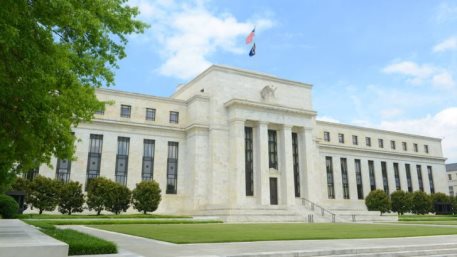
Have you ever been in an art gallery listening to an expert talk about the "meaning" behind a famous work and wondering whether you are really that uncultured as not to get it? Well, here is a bright idea: let's use art's propensity to confuse (the more enthusiastically it is being explained) and make it the defining feature of a new type of financial asset.
If you haven't understood what an NTF is by now, then maybe you never will; or perhaps you and I were never meant to "get" it. The intricate cocktail of confusion mixed with a sense of innovation in the world of blockchain "aesthetics" entices people to believe that we might be seeing the beginning of a new art form. But the premise behind non-fungible tokens should not be taken so lightly as a potential canvas for fine arts in the digital age. On the surface, the concept of NTFs is revolutionary - to merge the world of finance with art to create a new form of value. But a more philosophical outlook on NFTs, as opposed to a shrewd examination from the standpoint of a conservative financial expert, might reveal just how deep the illusory rabbit hole of those NTFs really goes.
What we are really interested in is what Nietzsche might have meant by the Apollonian quality of art or the visual representation of ideas. All fine arts are Apollonian in nature; only music can be Dionysian. But we are starting to tread dangerously close to an incomprehensively deep chasm of philosophical discourse that bears no significance to our current discussion. The important thing to keep in mind is that at their core, works of fine art are the representative manifestations of an artist's feelings and sentiments; that does not make them fake, just illusory.
Does the above explanation already sound too dry for your taste? Do you perhaps think that I am turning a blind eye to the deep emotion that art often invokes? Good, because if my attempt at platonifying and explaining human emotions in such a tedious and dry manner is really missing the point of art itself, then so is the immeasurably more precise and unambiguous world of blockchain.
NTFs are inherently paradoxical; because of the imperceptibly subtle difference between the ideas of investing in art and making art a digital investment tool. In the former case, an investor can recognise the value of an artist's Apollonian vision; he creates wealth from the perception of value that is entailed by one such work of art. The keyword is perception: art experts, such as our friend from the beginning of the article, can estimate the potential value of a painting or a sculpture, but those estimations would always be inherently subjective precisely because of the illusory nature of Apollonian art. In other words, wealth is to be had from the perception of value.
In the latter case, in contrast, this perception is entirely invalidated by coding. The idea is no longer to perceive expressive art but rather to reduce art to a "real" and, most importantly, unique digital code. The very essence of a non-fungible token, by being predicated on a unique digital code, is starkly opposed to the somewhat loose and unrestricted representation of sentiments and feelings of the artist. If there is one thing that is inherently anti-Apollonian, that is blockchain technology. The former is conceptual and illusory, and the latter is rigid and systematic.
All of that is not to say that there is no trading potential in NTFs, as clearly, just about anything and everything could be exchanged on the market. However, it would be illogical to assume that innovation alone would be able to reconcile the difference between systematisation and representation; and between the Apollonian and blockchain.
My evaluation of the artistic quality of NTFs, from a financial vantage point, is one of deep suspicion regarding their potential to become the next big thing in fine arts. For the same reason, NTFs would also fail at being the great investment opportunity that they are currently alleged to be. And if you do not "get" what I am trying to say, then perhaps I should look into the possibility of opening my very own digital art gallery.




















